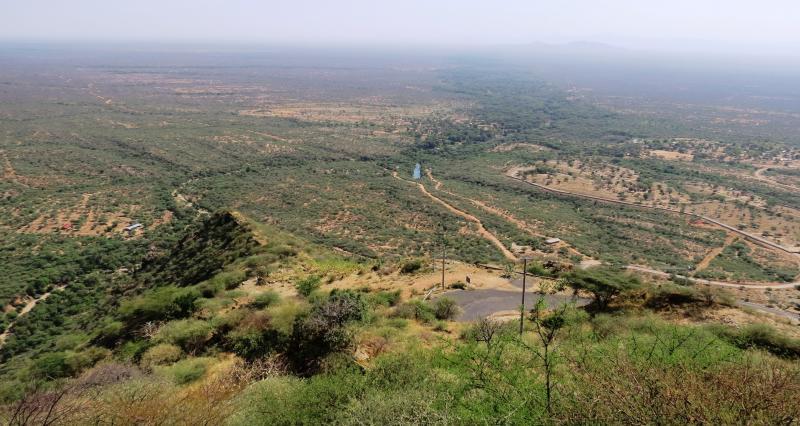×
The Standard e-Paper
Stay Informed, Even Offline

The scenic but volatile Kerio Valley evokes memories of deadly livestock raids that have left hundreds dead and property worth millions of shillings destroyed.
The Government has, several times, conducted disarmament exercises to mop up thousands of illegal guns used by cattle rustlers to unleash mayhem on innocent residents.